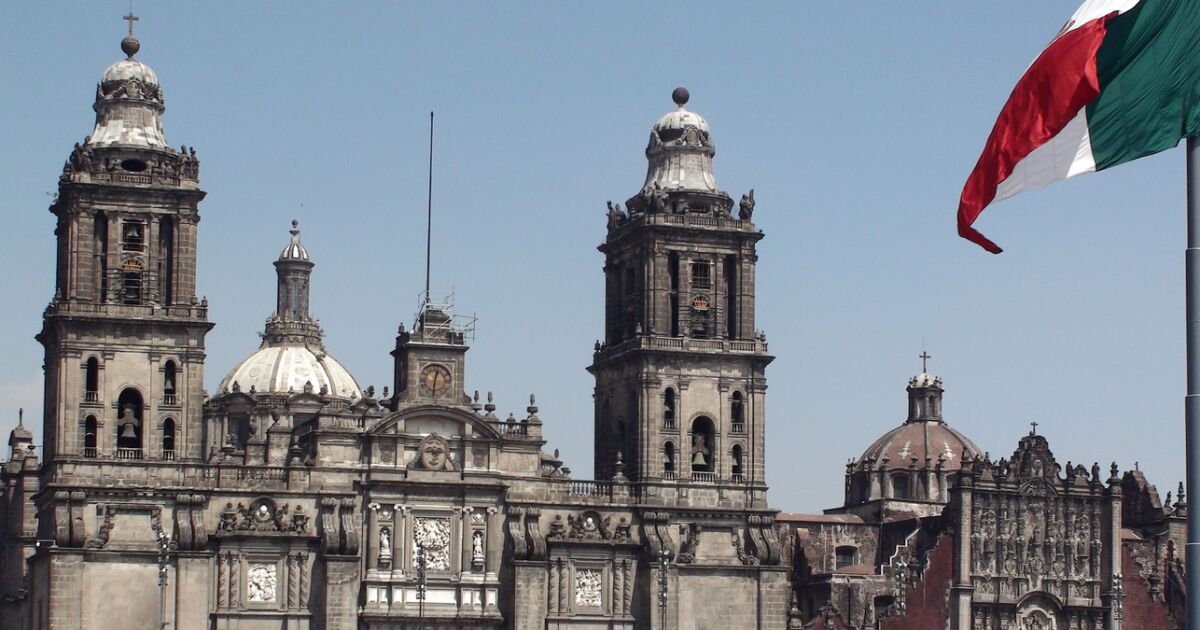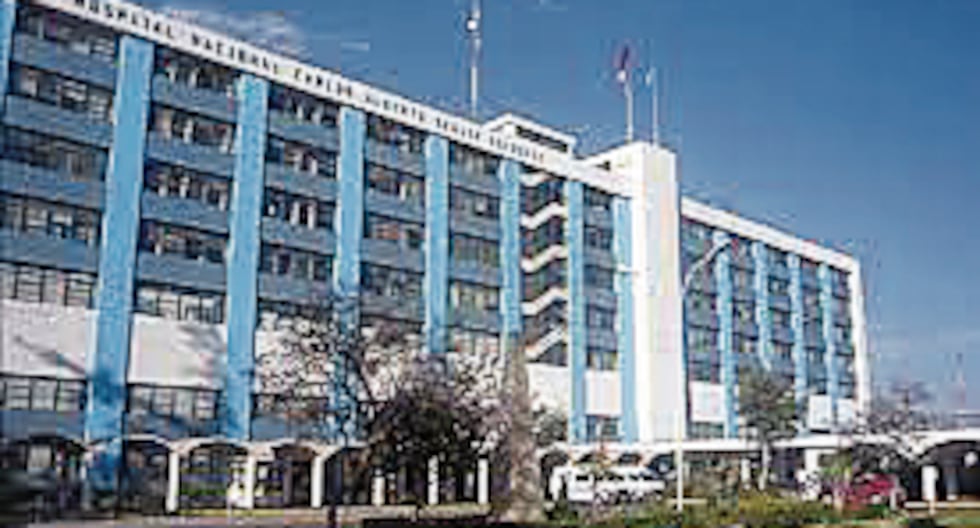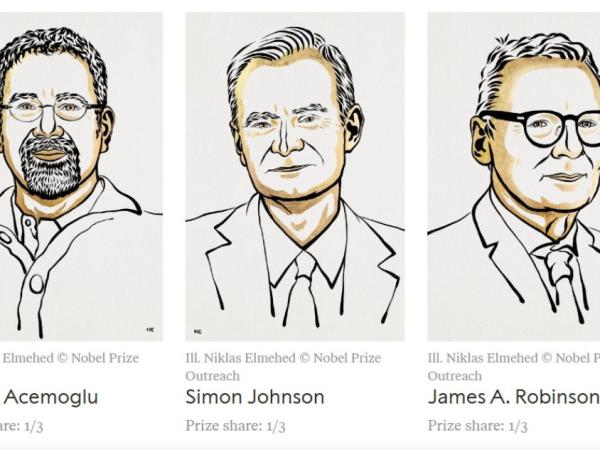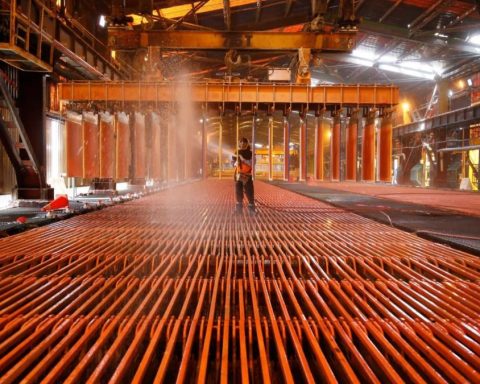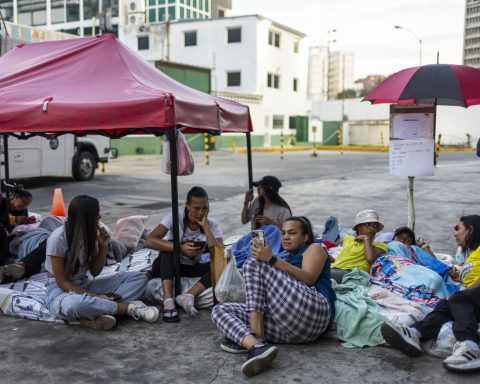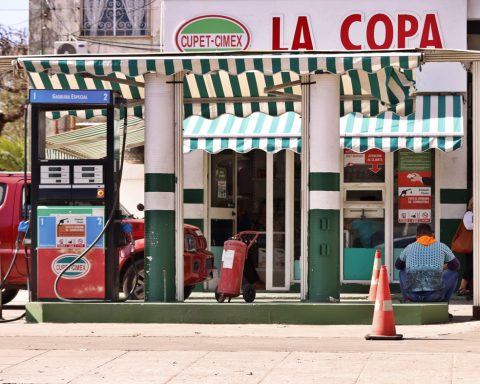Robinson and Acemoglu, along with Simon Johnson, were awarded the Nobel Prize in Economics for his studies of how institutions are formed and affect prosperity. The announcement was made this October 14.
The author details that extractive political institutions consist of two dimensions:
- They distribute political power among a few people.
- They present a top-down State that is not strong because it does not provide key public goods.
The Mexico case
After the 1910 Revolution, the author maintains, Mexico was stronger than other Latin American countries, but weak in other dimensions “and political power was under the control of the PRI.”
“The extractive economic institutions of the ejido come from these two aspects of political institutions. These were in part designed to control the rural population, which was an element of the post-Revolutionary state-building project, but possibly also a substitute for a strong central state. This control helped him solidify the political dominance of the PRI,” says Robinson.
Robinson explains in the document Why regions fail: the Mexican casethat an inclusive economic institution creates “incentives and opportunities necessary to promote energy, creativity and entrepreneurship in society. “Extractive institutions do not.”
The scientist explains that by “institutions” he refers to the “rules that govern and shape political and economic life.”
In the case of Mexico, he points out, a political institution (rule) was the “dedazo, the way in which Mexican presidents nominated their successors.” Another example, he adds, may be the ejido, where “farmers did not have secure property rights,” which “reduces their incentives to invest in the land and also to adopt better technologies that can increase productivity.”
“On average, poor countries have extractive economic institutions, while rich countries have inclusive institutions,” says Robinson.
The Nobel winner says that a country does not define the rules under which it will operate “by chance,” but rather does so through “a political process.”
“For example, the origins of how the economic institutions of the ejido took shape were a complex consequence of: the power of the post-Revolutionary State to expropriate landowners, the demand of peasants for agrarian reform and the strategy adopted by the PRI to consolidate the Mexican State. This was a political decision. If the ejido had too many extractive economic institutions it was because Mexican political institutions in this period were extractive. “Those with power shaped ejido institutions with respect to their interests,” he explains.
South
The south of the country, in states such as Chiapas and Oaxaca, was deprived of crucial public funds and infrastructure. For example, irrigation and roads, Robinson highlights.
“The PRI delegated more political power to local elites who reduced the incentive to direct resources for public goods in this area. This does not mean that the PRI did not do well in this region. On the contrary, it was only until 2010 that the PRI lost control of the government of Oaxaca,” he points out.
“Today the South has a less efficient legal system, which is not good at enforcing the laws, and the Southern states have governments that are more ‘clientelistic’ and corrupt in the way they interact with their citizens. The real work of describing and conceptualizing the structure of these institutions in the South is still to be done,” he concludes.
